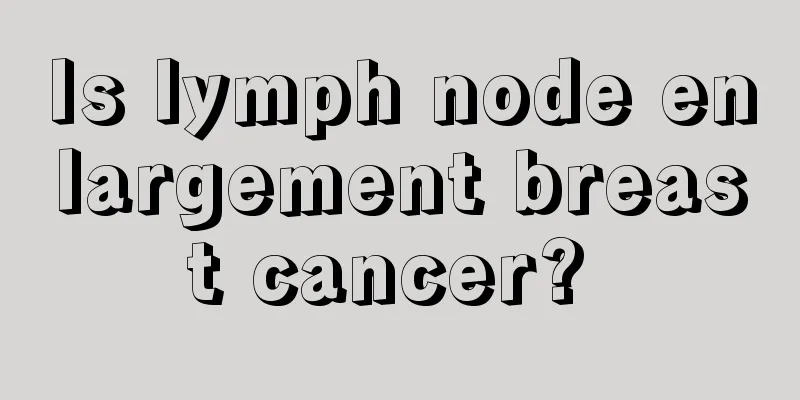What food can I eat after laryngeal cancer surgery

|
Cooking nutritious porridge, nourishing soup... These thoughtful cares may not be appreciated by laryngeal cancer patients. Because laryngeal cancer patients are prone to choking when swallowing food, especially liquid food, after surgery, the best diet is to eat dry food first, then semi-dry food, and finally liquid food. Choking caused by swallowing is the most troublesome problem after laryngeal cancer surgery. In this regard, experts explained that after surgery, patients need to eat and drink through the laryngeal cavity into the esophagus, and the air in the lungs also needs to pass through this cavity. Although some technical treatments will be done during the operation, it is difficult to ensure that no food enters the shared cavity into the trachea and causes choking. The best way to deal with choking is to practice swallowing. Generally speaking, patients should start practicing swallowing 15 to 20 days after surgery. At the beginning, it is best to choose dry food, such as bread, steamed buns, etc. Such food can form a solid rice ball after chewing, which is relatively "complete" and not easy to run into the trachea, which can reduce the occurrence of choking. If you can swallow bread smoothly, you can practice eating semi-dry food, such as rice, noodles, etc., and finally drink porridge, soup, water, etc. Some patients are afraid of choking and are afraid to eat after surgery. Experts say: "The more you are afraid to eat, the more likely you are to choke. Through swallowing exercises, the occurrence of choking will gradually decrease, and finally even disappear." If you start to choke when you start to practice swallowing, you can use some small methods to assist, such as finger pressure (i.e. press the skin of the lower jaw with your fingers when swallowing) or food bolus method (i.e. eat a bite of steamed bun or banana to block the stoma before eating) and other methods for training. If it doesn't work, insert an inflatable air bag into the patient's tracheal incision, inflate it with a syringe when eating, and deflate it after eating. But you can't rely too much on these methods. In the end, patients still have to overcome choking through practice. A small number of patients cannot overcome choking through swallowing exercises and need surgery, but they may lose their language function. Experts have also discovered an interesting phenomenon in clinical practice: some patients are less likely to choke when they change their body position when swallowing, such as bending over, while some are less likely to choke when they lean to the left, and some are less likely to choke when they lean to the right. Although it has not yet been concluded what kind of patients and what body position are less likely to choke, patients can try to change their body position when swallowing to make swallowing easier. |
<<: What food can you eat if you have laryngeal cancer
>>: Can esophageal cancer cause laryngeal cancer?
Recommend
What's wrong with my eyelids peeling
When the air is dry in spring, our body's wat...
What's wrong with the weakness in the limbs?
In fact, the phenomenon of weakness in the limbs ...
How to do the best nursing for lung cancer? Lung cancer patients should do three aspects of nursing
Oncologists say that the occurrence of lung cance...
What is proteinuria like?
Many friends are not clear about what proteinuria...
How to regulate diet after radiotherapy for nasopharyngeal carcinoma What should patients pay attention to?
The main method for treating nasopharyngeal carci...
How long can you live with colorectal cancer
How long can a person live with colorectal cancer...
How to remove scale from a thermos
How to remove scale from thermos has always been ...
What are the effective methods for treating liver cancer? These tests can help detect liver cancer
Regarding liver cancer, many people have such que...
What is gout
Some people often wake up in the middle of the ni...
How much does it cost to treat advanced liver cancer with traditional Chinese medicine
Liver cancer is the third most common malignant t...
What is the cure rate of early small cell lung cancer
What is the cure rate of early-stage small cell l...
Can throat cancer be transmitted to others?
Laryngeal cancer is not contagious. Existing medi...
How to make your face fuller
Many female friends do not pay attention to the s...
Pain in the temple
The temples are located on both sides of our fore...
What does pharyngeal muscle spasm feel like?
Pharyngeal muscle spasm is not a common disease i...









